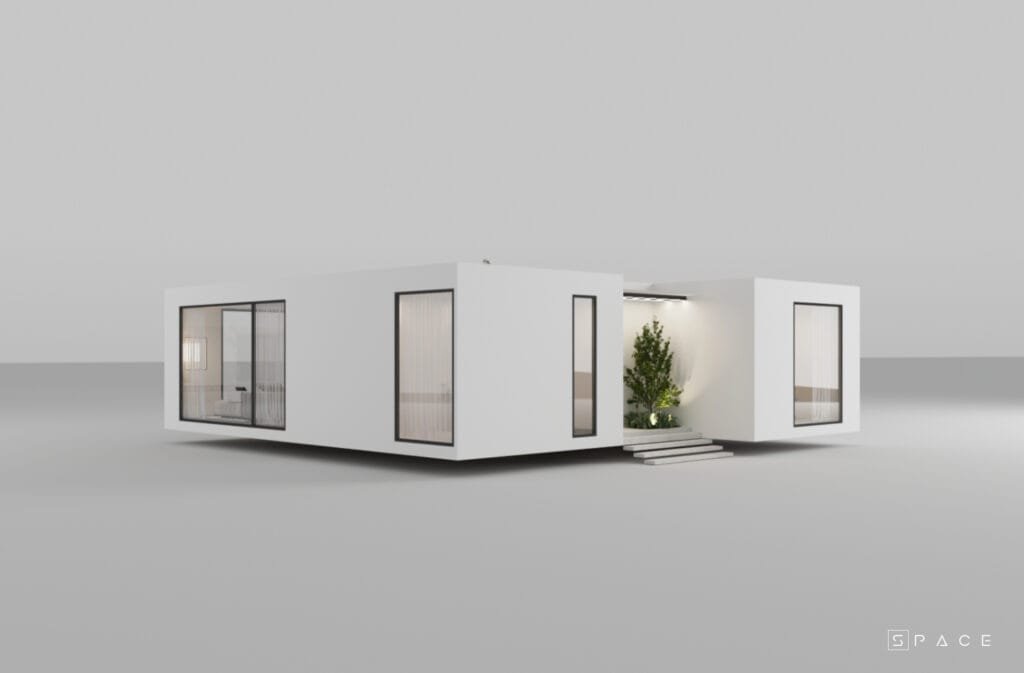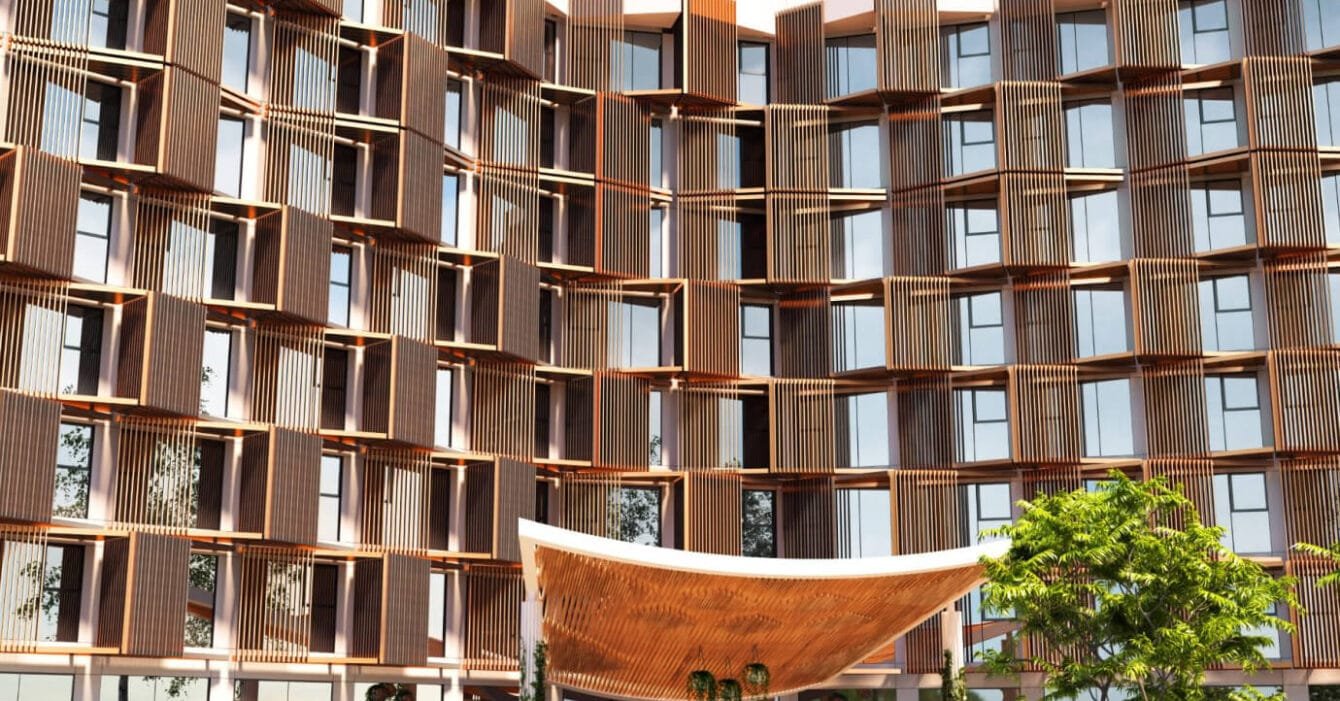The construction industry in Vietnam is undergoing a major transformation with the rise of Modular Construction Vietnam. This modern building technique is not only proving to be cost-effective but also dramatically speeding up project delivery. As Vietnam’s cities like Ho Chi Minh City and Hanoi experience rapid urbanization, the need for faster and more affordable building methods has never been greater. Modular construction is emerging as a key solution, offering significant advantages over traditional construction methods.
Modular Construction Vietnam
In recent years, Modular Construction Vietnam has gained traction. The market for modular construction in Vietnam is expected to grow at a compound annual growth rate (CAGR) of 6.1% from 2021 to 2027. This increase highlights the country’s growing acceptance of the method, driven by its potential to meet the demands of urban expansion and infrastructure development.

One of the most attractive features of modular construction is its ability to significantly reduce construction time. Globally, modular methods can cut project schedules by up to 50%, which is particularly important in fast-developing cities like Ho Chi Minh City. These cities face immense pressure to build infrastructure quickly to keep up with the growing population. With such a drastic reduction in construction time, modular construction is positioned as a game-changer.
In addition to saving time, modular construction is aligned with Vietnam’s push towards sustainability. This method generates up to 90% less waste compared to traditional construction methods. The environmental benefits make it an appealing option as Vietnam increasingly focuses on green building practices and reducing its carbon footprint.
Cost-Effectiveness and Faster Project Delivery
One of the biggest reasons why modular construction is gaining popularity in Vietnam is its cost-effectiveness. In a price-sensitive market like Vietnam, where developers often look for ways to cut costs without compromising quality, modular construction offers a solution. It can reduce overall project costs by 20% to 30%. This is particularly important as the demand for affordable housing grows in Vietnam’s urban centers.
The ability of modular construction to speed up project delivery is another crucial advantage. According to research by McKinsey & Company, modular construction can accelerate project timelines by 20% to 50%. In Vietnam, where there is a race to build new housing and infrastructure to keep up with rapid urban growth, this faster delivery is highly valuable. The speed at which Modular Construction Vietnam can deliver completed projects helps meet the urgent need for more housing, schools, and healthcare facilities in expanding urban areas.
Tackling Other Construction Issues
Moreover, modular construction addresses another key issue in the Vietnamese construction sector: labor productivity. Historically, labor productivity in construction has been lower in Vietnam compared to other Southeast Asian countries. Modular construction, with its reliance on off-site manufacturing, increases productivity by up to 30%. By prefabricating components in a controlled environment and assembling them on-site, the process is more efficient and less reliant on fluctuating labor availability.
Modular construction Vietnam is set to transform the country’s building sector by offering faster project completion, cost savings, and sustainability benefits. As the country continues to urbanize at a rapid pace, modular methods will play a vital role in helping meet the growing demand for affordable housing and modern infrastructure. The ability to cut construction times by up to 50%, reduce project costs by as much as 30%, and minimize waste makes modular construction an ideal solution for Vietnam’s future.

